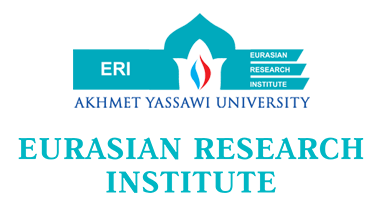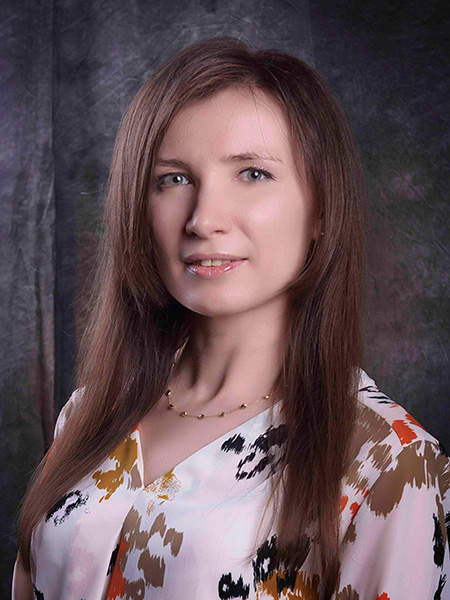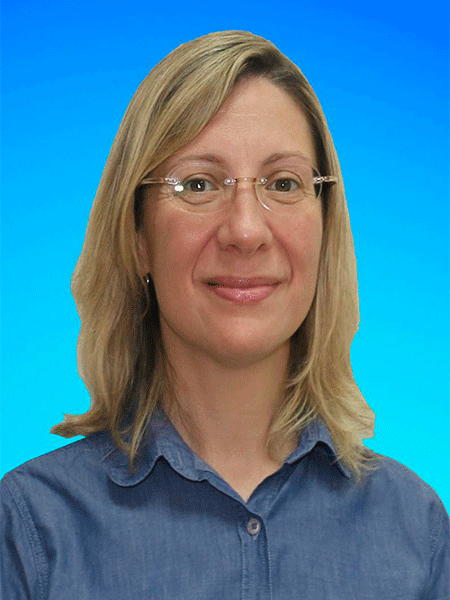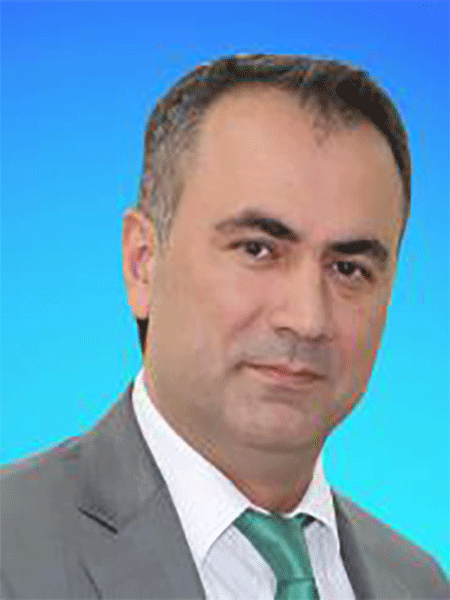Since the beginning of 2015, we, the Eurasian Research Institute decided to prepare weekly ebulletins to evaluate the important developments in the Eurasian region and to share these e-bulletins with the readers. The analysis which have been prepared by not only the experts of our Institute but also the experts from outside have been appreciated by various academicians, experts, bureaucrats and politicians from Turkey and the other countries in the Eurasian region. One of the most important reasons for preparing this book is that a limited number of books have been written on the recent developments in the Eurasian region. Besides, another factor that uprates this book is that it includes the analyses of the academicians who personally work in the region. Currently, it can be found some researches on advantages and disadvantages of the economic integration conducted within the frameworks of Eurasian Economic Union and more researches on addressing the Eurasia’s energy routes development and considering the perspectives of developing bilateral and multilateral relations among the Eurasian countries. There is, however, still a strong necessity for publications contained a brief analytical outlook of the Eurasia containing aforementioned issues and the other several issues related to Eurasia from the economic, social and political perspectives. Therefore, the Eurasian Research Institute team decided to publish a book by collecting weekly e-bulletins, which can give readers a comprehensive understanding of the complex field of the Eurasian economies and politics.
This is the first edition of “Eurasia Outlook 2015: Economic, Social and Political Perspectives in Eurasia”. This book is intended as a general overview on the current events and ongoing changes in Eurasia. The analysis given in the book are designed to provide readers with the reliable information on a broad range of issues, including economics, finance, energy, transportation, international relations and politics. Actually, our goal is to give a direct and detailed introduction to the related issues suitable as for professional scholars and experts, so as for advanced graduate students. The decision to publish the book in Turkish and English was taken in order to enlarge the possible audience of readers. For this reason, it will also be planned to publish in Kazakh language and Russian as a separate book. Despite all difficulties related to the translation process, we believe to reach high quality standards meeting all requirements for a comprehensive research study. This book consists of four chapters. All chapters include detailed analysis about economic, political and social perspectives on the Eurasian countries.
Chapter 1 is related to the economies of the Eurasian countries. In this chapter, the developments in both financial markets and energy markets are revealed and the industrial structures of the region countries are examined in detail. Chapter 2 provides information on political and economic cooperation of the Eurasian countries taking the international and regional aspects of the issue into account. In this chapter, cooperation opportunities of the region countries with the international organizations and global and regional cooperation in both international trade and in energy sector are analyzed. Chapter 3 focuses on energy transportation and logistics in the Eurasian region. In this chapter, especially developments in the energy transportation routes and cargo transportation routes in the region and their importance for the region countries, both economically and politically, are investigated. Chapter 4 embraces the socio-political dimensions of the Eurasian countries. In this chapter, not only the political aspects (political systems and the election process in the region countries) but also the socio-cultural aspects (socio-cultural developments and migration policy in the region countries) are examined in detail. We would like to extend our thanks to Prof Osman Horata and Prof Musa Yıldız, former and present Presidents of Board of Trustees of Akhmet Yassawi University, and the other Members of the Board of Trustees for their complete trust and unlimited support. We also thank Saule Akhmetkaliyeva, Zhuldiz Kanapiyanova, Zhengizkhan Zhanaltay and Rassul Arin for their efforts in redactions and designs. In fact, we are most grateful to the entire Eurasian Research Institute team for their support in shepherding us in the initial stages and throughout the production process. We sincerely hope for practical use of the book for wide range of readers and expect that the book will contribute towards further research in the fields of Eurasian studies.
PDF
57




